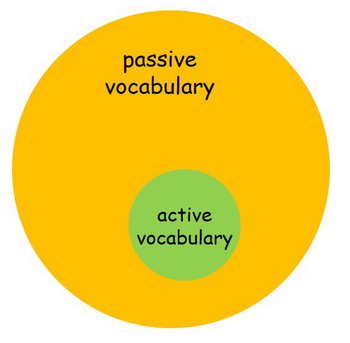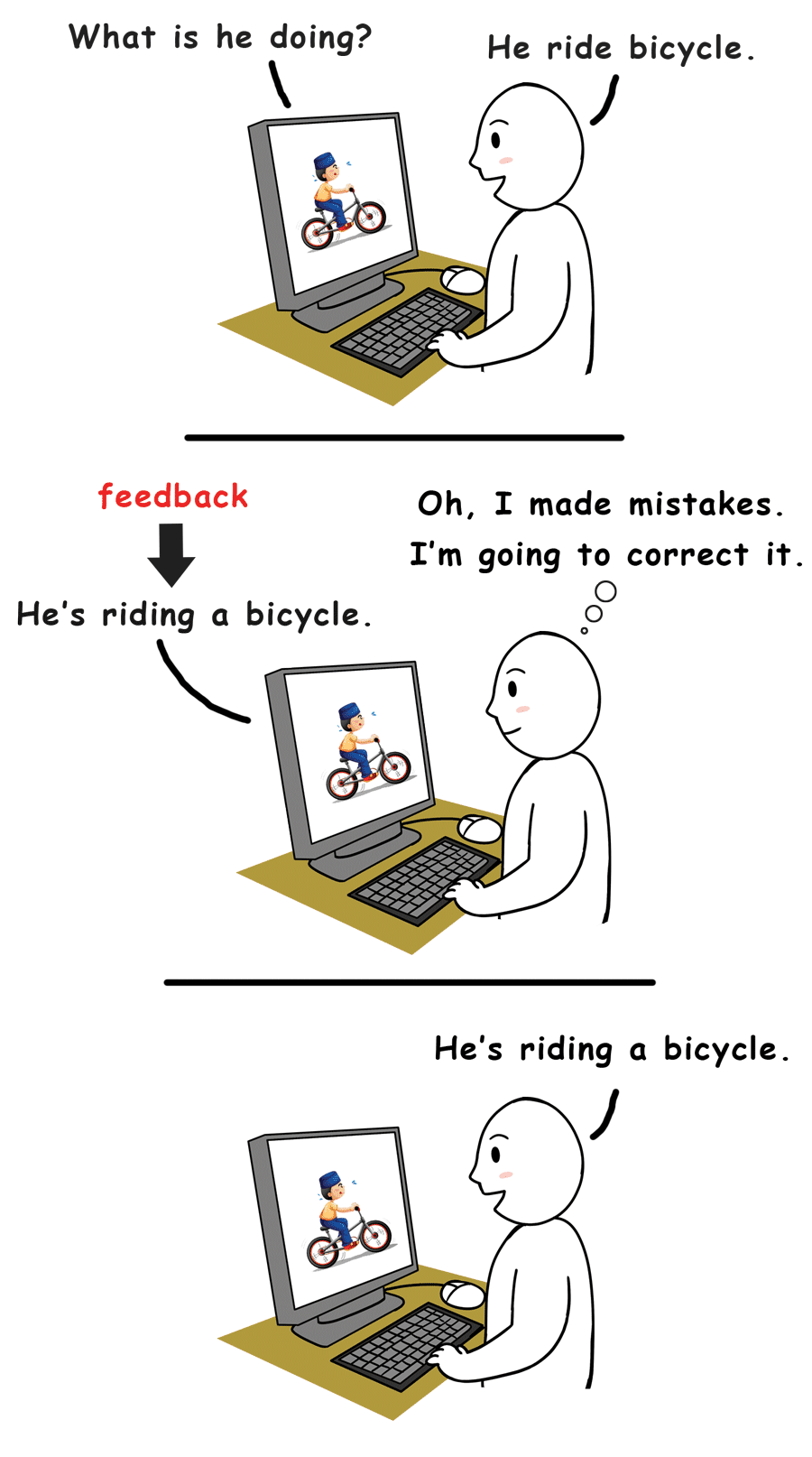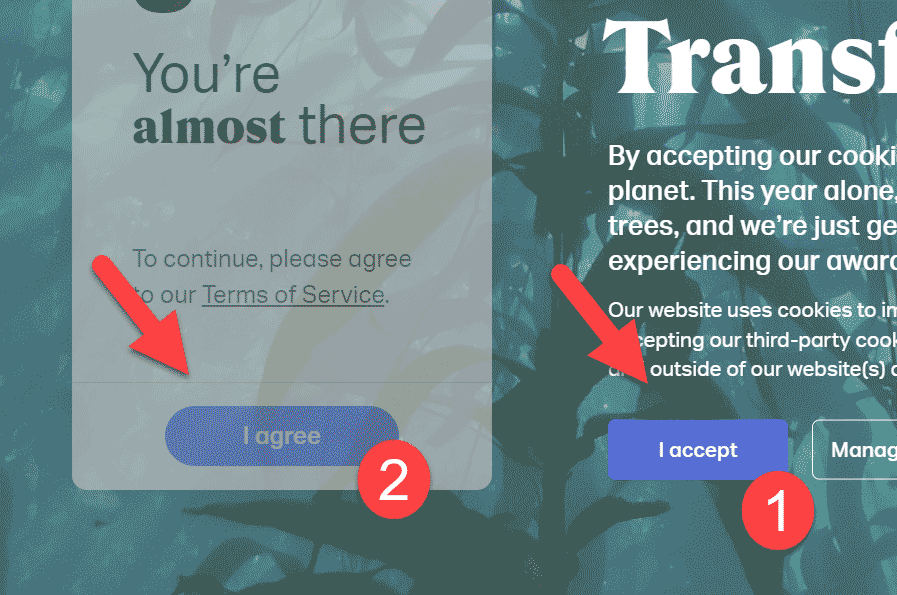This is lesson 3 the email course.
Links to the previous lessons: lesson 1 | lesson 2

Have you ever tried to talk to yourself in English?
Some English students do it.
They talk to themselves about random stuff, hoping that it will help them become fluent.
Unfortunately, this is not a good way to improve your speaking.
There are two problems with talking to yourself in English.
Problem 1 — Incorrect English
Many English students make lots of mistakes when speaking English. They use vocabulary incorrectly. They speak with improper sentence structure and weird pronunciation.
Imagine what will happen if these people practice English by themselves?
Here’s what will happen: their mistakes will get repeated over and over, making it more likely for them to repeat those mistakes in the future.
After practicing this way for a few months, they might speak more fluently. But nobody will understand them because they don’t speak English like native speakers do. They’ve developed their own way of speaking English.
This misuse or corruption of the English language is called Engrish.
Problem 2 — You’re not learning new vocabulary
Most English students have a very small active vocabulary (words that they can use when speaking), while their passive vocabulary (words that they know) is relatively large.
This means they have no problem understanding other people, but they can’t express themselves clearly.

When you start improving your speaking, your priority should be to expand your active vocabulary.
But how many words do you learn if you practice by talking to yourself?
The answer is zero. You’re not learning anything new at all. The size of your vocabulary stays the same.
So what method should you use?
A good method should let you do two things:
- Correct your mistakes — This allows you to speak more like native speakers. Which means you’ll be much easier to understand.
- Expand your active vocabulary — This includes words, phrases, and idioms.
Today, we’re going to talk about one method that fits these criteria: using English speaking lessons.
How Does It Work?
Watch this video to see how these lessons work:
Here are a few things these lessons do:
- Teach you new words and phrases
- Improve your sentence structure
- Help you form sentences in English faster and more easily
- Provide immediate feedback, which allows you to correct your mistakes immediately
These Speaking Lessons Make You Improve Faster
The best thing about these lessons is that they give you immediate feedback.
Using these lessons ensures that you get feedback every time you speak. This allows you to fix mistakes quickly.
Without feedback, you’ll never know what you’re doing wrong or what mistakes you’re making.
To drive this point home, let compare using these lessons with talking to yourself.
Talking to yourself (no feedback)

Using Special English Lessons

Download a Sample Lesson
I have an English premium course that consists of 53 speaking lessons. The lessons are grouped into three levels of difficulty: basic, intermediate, and advanced. As you go through each level, your spoken English gets better and better.
If you’d like to try the first lesson of this premium course, click the button below:
The sample lesson is hosted on a file-sharing website. Please click “I accept” and “I agree” before downloading.

This is the easiest lesson of the course, so you should have no problem with it. In the next lesson, we’ll try sample lessons that are more challenging. (And I’ll talk more about the premium course.)


